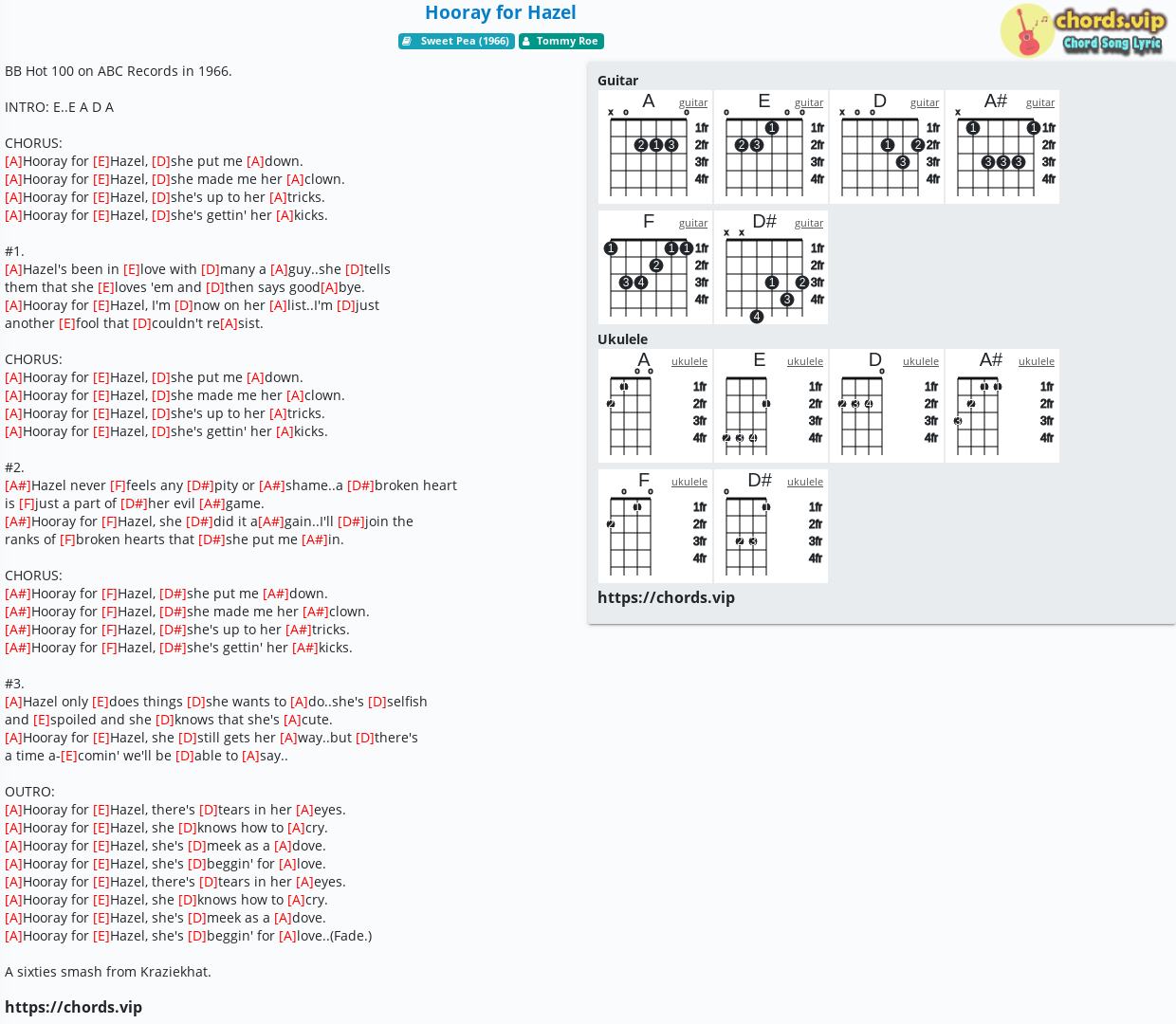
I first encountered Hazel Blears in 1985, when she was a 29-year-old solicitor and Labour councillor with frizzed-up hair and Ben Elton glasses, and I was a Thatcher-hating 15-year-old. Such is the great spasm currently convulsing Westminster, there is a slim chance that this most loyal and passionate of New Labourites could be deselected by her local party and cast into the political wilderness. There again, the last few weeks have seen whispers that she may either resign first and cause Brown no end of grief - or somehow hang on, lest she brings down other cabinet ministers with her. The prime minister told a Downing Street press conference on Tuesday that her behaviour had been "totally unacceptable" - surely the kind of brutal language designed to serve notice of her sacking. Blears remains in the cabinet - though it seems pretty certain that, along with Jacqui Smith, she will be dispatched to the backbenches in the wake of Labour's inevitable drubbing in next month's European elections. In response, there was a flurry of talk about her political clout - even suggestions she might rise above finishing sixth out of six in the 2007 deputy leadership election, and end up with the Labour party's top job.Īnd then she tumbled, with a loud thump. Earlier in the week, she had taken a high-profile pop at Gordon Brown in an Observer article that called the government's record of communication with the electorate "lamentable", and featured the memorably Thatcher-esque line "YouTube if you want to". Relative to where she had been only days before, this was an incredible fall.
#What does hazel 4 do tv#
So, in the wake of the news that Tory MPs had been instructed to reach for their pens, Blears appeared on TV and said that though there was "no liability" for capital gains tax on the London property she had sold - which, thanks to a strange loophole in tax rules, is true - she was going to pay the Inland Revenue the "equivalent" of what she would have owed if there had been. In this scandal, it seems that money not only gets you in trouble, it might also get you out. With some credibility, she claims the "flipping" was merely the result of a long fight to persuade parliament to let her designate her Salford home as her primary address (until 2004, Commons rules meant that ministers' London addresses had to be listed as their main homes), but that still leaves the question of why the change was not registered with the taxman. In addition to a range of up-to-the-limit expenses claims, the key aspect of Blears's story goes like this: in April 2004, she apparently "flipped" her designated second home from Salford to a property in Kennington, and then sold the latter for a profit of £45,000 - having informed the Inland Revenue that the south-London home was, in fact, her primary residence, thereby avoiding the payment of capital gains tax. There is, of course, one other theory about her status as the government's most visible expenses casualty: that though there are senior ministers who should arguably be in as much disgrace - Geoff Hoon and Alistair Darling spring to mind - she has been turned into a flak-catcher in revenge for her criticisms of Gordon Brown's leadership. But she sticks out for two key reasons: not only is she in the cabinet, but her whole political shtick over the last decade or so has been based on the idea that she is a working-class outsider, dismissive of Westminster's indulgences and forever rooted in her native Salford.


There are worse offenders on both sides of the Commons unlike some, she is not being accused of breaking the law. For four seconds or so, Hazel Blears held up a slip of paper, and the great expenses scandal got its keynote image: the penitent minister, the cheque for a cool £13,332, and yet more proof that we are living in very strange times indeed.Īmong high-profile Labour MPs, it is Blears who most embodies the expenses controversy. There she sat, ashen-faced and uncharacteristically shaky: a Labour politician I first met 23 years ago, who has since come dizzyingly close to the top of the Westminster tree - but was now in no end of trouble.


 0 kommentar(er)
0 kommentar(er)
